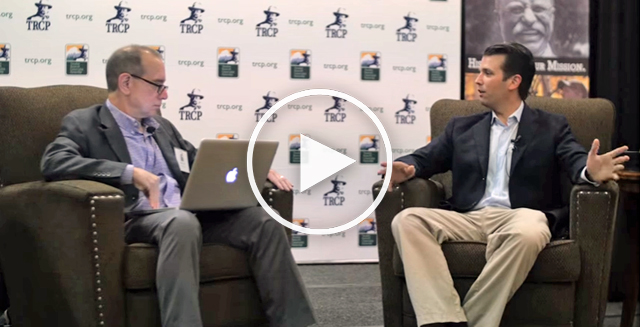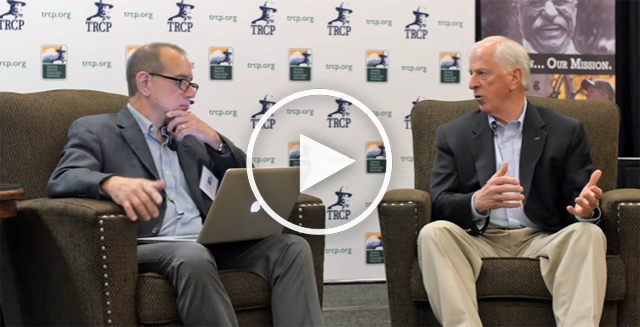News for Immediate Release
Jul. 06, 2016
Contact: Kristyn Brady, 617-501-6352, kbrady@trcp.org
Western county commissioners and supervisors go on-record supporting the BLM’s land-use planning update after seeing pilot programs in action
WASHINGTON, D.C. — Top county officials from Montana, Colorado, and California say the Bureau of Land Management’s proposed Planning 2.0 rule, which would update how the agency revises land-use plans in the West, will provide additional opportunities for public involvement earlier in the planning process and result in Resource Management Plans (RMPs) that better reflect the diverse needs of county citizens. They sent letters of support for Planning 2.0 to BLM Director Neil Kornze ahead of a House Natural Resources Committee oversight hearing on the rule.
The county commissioners and supervisors hail from the three BLM planning areas where the agency is piloting Planning 2.0 measures. The three early adopter land-use plans are the Missoula Resource Management Plan, the Eastern Colorado Resource Management Plan, and the Northwest California Integrated Resource Management Plan.
“We’re seeing that, in places where Planning 2.0 improvements have already been rolled out, there is support from elected officials and the public,” says Whit Fosburgh, president and CEO of the Theodore Roosevelt Conservation Partnership. “These are the people who will benefit from having more input on land management decisions and enjoy better hunting, fishing, and outdoor experiences because of it. After two oversight hearings in the House and one in the Senate, we hope this is finally made clear.”
The Board of County Commissioners for Missoula County, Mont., wrote to commend the BLM for its efforts to better address the diverse interests in their county and communities across the West. “The proposed rules continue to provide for coordination with state and local representatives” and “early public involvement will help resolve conflicts and produce a Resource Management Plan that better reflects the needs of our citizens as well as others who use public lands and have a stake in their future,” they wrote.
Similarly, Mike Brazell, chairman of the Board of Commissioners for Park County, Colo., writes that he and his colleagues support, in particular, the provisions that plan for additional public involvement earlier in the planning process, “including the chance to review preliminary resource management alternatives and preliminary rationales for those alternatives.” Writing on behalf of Humboldt County, Calif., supervisors from two districts (here and here) emphasized that encouraging public involvement early and often would be especially important given that the BLM’s Arcata Field Office will be using this more inclusive approach as it revises its existing RMP, which dates back to 1995.
Montana’s Lewis and Clark County, though not an early-adopter plan area, has also written a letter in support of Planning 2.0.
As House lawmakers continue to examine the states’ role in Planning 2.0 tomorrow, nearly 8,000 hunters and anglers have signed a petition and sent letters of support for better BLM land-management tools that prioritize public access, conserve and enhance habitat, and balance energy and other development with the needs of fish and wildlife. More than 500 hunting and fishing businesses, sportsmen’s groups, and wildlife professionals have backed the idea that BLM lands are “Sportsmen’s Country” and should be managed in ways that support sportsmen’s values, including habitat conservation and access.
To learn more, visit sportsmenscountry.org.
Inspired by the legacy of Theodore Roosevelt, the TRCP is a coalition of organizations and grassroots partners working together to preserve the traditions of hunting and fishing.






